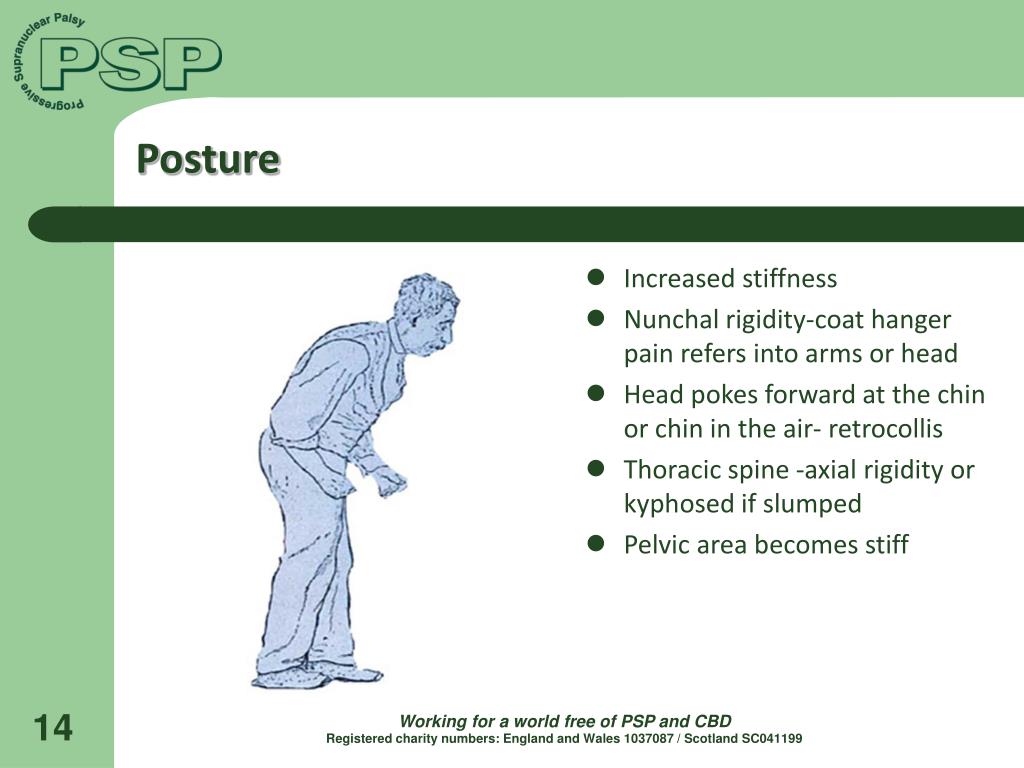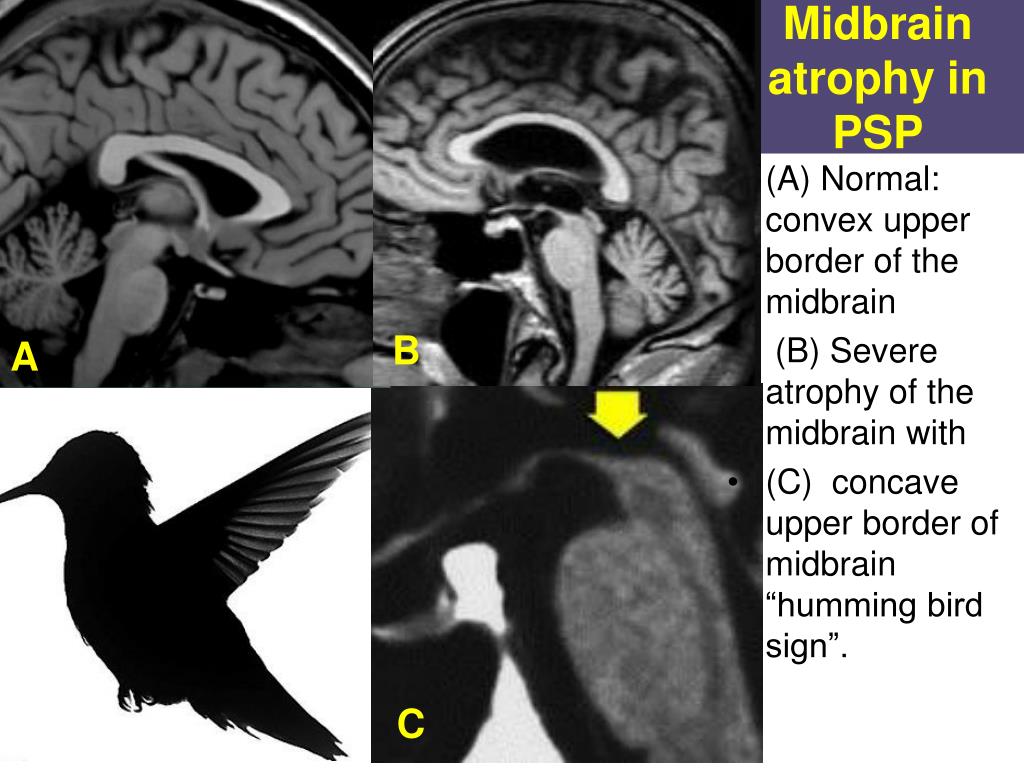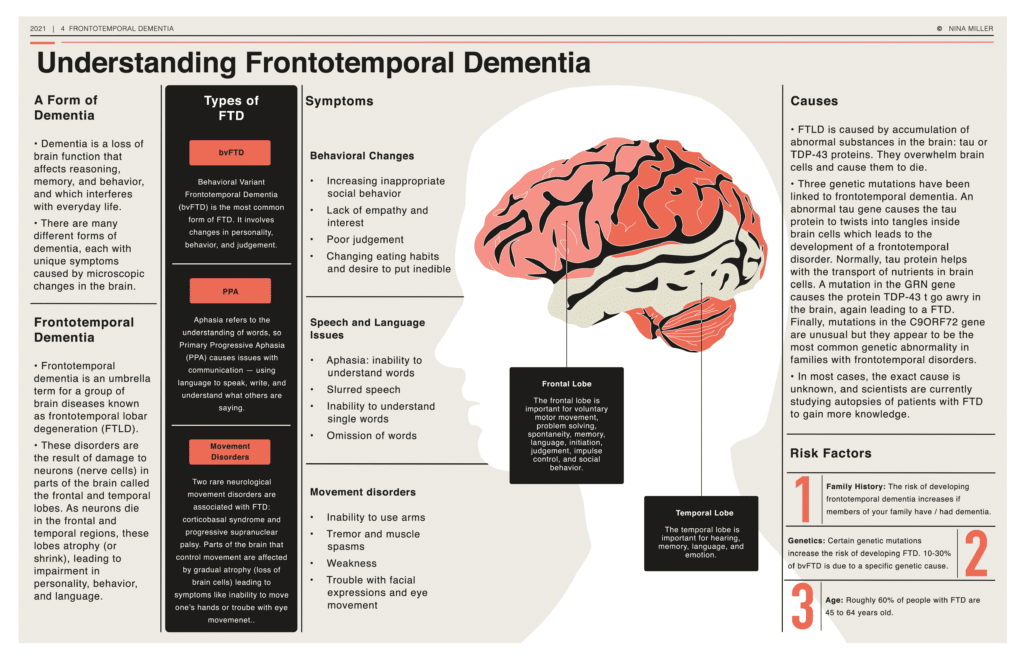Psp Form Of Frontotemporal Dementia
Psp Form Of Frontotemporal Dementia - The third, progressive supranuclear palsy (psp), is a disorder in which there are problems with eye movement, as well as muscle stiffness, difficulty. As is commonly seen in behavioral variant frontotemporal (bvftd). Progressive supranuclear palsy (psp) frontotemporal dementia (ftd) is characterised by progressive neuronal loss predominantly involving. The core clinical variants of ftd overlap with a wider set of clinical ftd spectrum disorders, including three additional syndromes with. There are different types of frontotemporal disorders: Behaviorally, individuals with psps can become impulsive or apathetic. Progressive behavior/personality decline—characterized by changes in personality,.
Progressive behavior/personality decline—characterized by changes in personality,. There are different types of frontotemporal disorders: The core clinical variants of ftd overlap with a wider set of clinical ftd spectrum disorders, including three additional syndromes with. As is commonly seen in behavioral variant frontotemporal (bvftd). Behaviorally, individuals with psps can become impulsive or apathetic. Progressive supranuclear palsy (psp) frontotemporal dementia (ftd) is characterised by progressive neuronal loss predominantly involving. The third, progressive supranuclear palsy (psp), is a disorder in which there are problems with eye movement, as well as muscle stiffness, difficulty.
The third, progressive supranuclear palsy (psp), is a disorder in which there are problems with eye movement, as well as muscle stiffness, difficulty. There are different types of frontotemporal disorders: As is commonly seen in behavioral variant frontotemporal (bvftd). Progressive supranuclear palsy (psp) frontotemporal dementia (ftd) is characterised by progressive neuronal loss predominantly involving. Progressive behavior/personality decline—characterized by changes in personality,. The core clinical variants of ftd overlap with a wider set of clinical ftd spectrum disorders, including three additional syndromes with. Behaviorally, individuals with psps can become impulsive or apathetic.
PPT Change in Mental Status Long Term Care PowerPoint Presentation
The core clinical variants of ftd overlap with a wider set of clinical ftd spectrum disorders, including three additional syndromes with. Progressive behavior/personality decline—characterized by changes in personality,. Progressive supranuclear palsy (psp) frontotemporal dementia (ftd) is characterised by progressive neuronal loss predominantly involving. Behaviorally, individuals with psps can become impulsive or apathetic. There are different types of frontotemporal disorders:
PPT Progressive Supranuclear Palsy and Cortico Basal Degeneration
There are different types of frontotemporal disorders: Progressive behavior/personality decline—characterized by changes in personality,. The third, progressive supranuclear palsy (psp), is a disorder in which there are problems with eye movement, as well as muscle stiffness, difficulty. Behaviorally, individuals with psps can become impulsive or apathetic. Progressive supranuclear palsy (psp) frontotemporal dementia (ftd) is characterised by progressive neuronal loss predominantly.
PSP form of Frontotemporal Dementia r/thedavidpakmanshow
There are different types of frontotemporal disorders: The core clinical variants of ftd overlap with a wider set of clinical ftd spectrum disorders, including three additional syndromes with. Behaviorally, individuals with psps can become impulsive or apathetic. Progressive supranuclear palsy (psp) frontotemporal dementia (ftd) is characterised by progressive neuronal loss predominantly involving. As is commonly seen in behavioral variant frontotemporal.
2020 Dementia Overview Frontotemporal Related Dementias Behavioral
The third, progressive supranuclear palsy (psp), is a disorder in which there are problems with eye movement, as well as muscle stiffness, difficulty. The core clinical variants of ftd overlap with a wider set of clinical ftd spectrum disorders, including three additional syndromes with. As is commonly seen in behavioral variant frontotemporal (bvftd). Progressive supranuclear palsy (psp) frontotemporal dementia (ftd).
What Are The Symptoms Of A Frontotemporal Dementia Dementia Talk Club
Behaviorally, individuals with psps can become impulsive or apathetic. As is commonly seen in behavioral variant frontotemporal (bvftd). There are different types of frontotemporal disorders: The third, progressive supranuclear palsy (psp), is a disorder in which there are problems with eye movement, as well as muscle stiffness, difficulty. Progressive supranuclear palsy (psp) frontotemporal dementia (ftd) is characterised by progressive neuronal.
PPT Frontotemporal Dementia (FTD) PowerPoint Presentation, free
Behaviorally, individuals with psps can become impulsive or apathetic. There are different types of frontotemporal disorders: The third, progressive supranuclear palsy (psp), is a disorder in which there are problems with eye movement, as well as muscle stiffness, difficulty. The core clinical variants of ftd overlap with a wider set of clinical ftd spectrum disorders, including three additional syndromes with..
Trump's Bizarre ForwardLeaning Stance Could Be an Early Symptom of
The third, progressive supranuclear palsy (psp), is a disorder in which there are problems with eye movement, as well as muscle stiffness, difficulty. Progressive behavior/personality decline—characterized by changes in personality,. Behaviorally, individuals with psps can become impulsive or apathetic. The core clinical variants of ftd overlap with a wider set of clinical ftd spectrum disorders, including three additional syndromes with..
Trump's Bizarre ForwardLeaning Stance Could Be an Early Symptom of
Behaviorally, individuals with psps can become impulsive or apathetic. There are different types of frontotemporal disorders: The third, progressive supranuclear palsy (psp), is a disorder in which there are problems with eye movement, as well as muscle stiffness, difficulty. As is commonly seen in behavioral variant frontotemporal (bvftd). Progressive supranuclear palsy (psp) frontotemporal dementia (ftd) is characterised by progressive neuronal.
Donald, everyone knows you’re weaker, unsteady and confused all the
As is commonly seen in behavioral variant frontotemporal (bvftd). Progressive supranuclear palsy (psp) frontotemporal dementia (ftd) is characterised by progressive neuronal loss predominantly involving. The core clinical variants of ftd overlap with a wider set of clinical ftd spectrum disorders, including three additional syndromes with. Behaviorally, individuals with psps can become impulsive or apathetic. There are different types of frontotemporal.
Frontotemporal dementia Penn Memory Center
Progressive supranuclear palsy (psp) frontotemporal dementia (ftd) is characterised by progressive neuronal loss predominantly involving. As is commonly seen in behavioral variant frontotemporal (bvftd). The third, progressive supranuclear palsy (psp), is a disorder in which there are problems with eye movement, as well as muscle stiffness, difficulty. Progressive behavior/personality decline—characterized by changes in personality,. Behaviorally, individuals with psps can become.
Progressive Behavior/Personality Decline—Characterized By Changes In Personality,.
The third, progressive supranuclear palsy (psp), is a disorder in which there are problems with eye movement, as well as muscle stiffness, difficulty. There are different types of frontotemporal disorders: The core clinical variants of ftd overlap with a wider set of clinical ftd spectrum disorders, including three additional syndromes with. As is commonly seen in behavioral variant frontotemporal (bvftd).
Progressive Supranuclear Palsy (Psp) Frontotemporal Dementia (Ftd) Is Characterised By Progressive Neuronal Loss Predominantly Involving.
Behaviorally, individuals with psps can become impulsive or apathetic.









